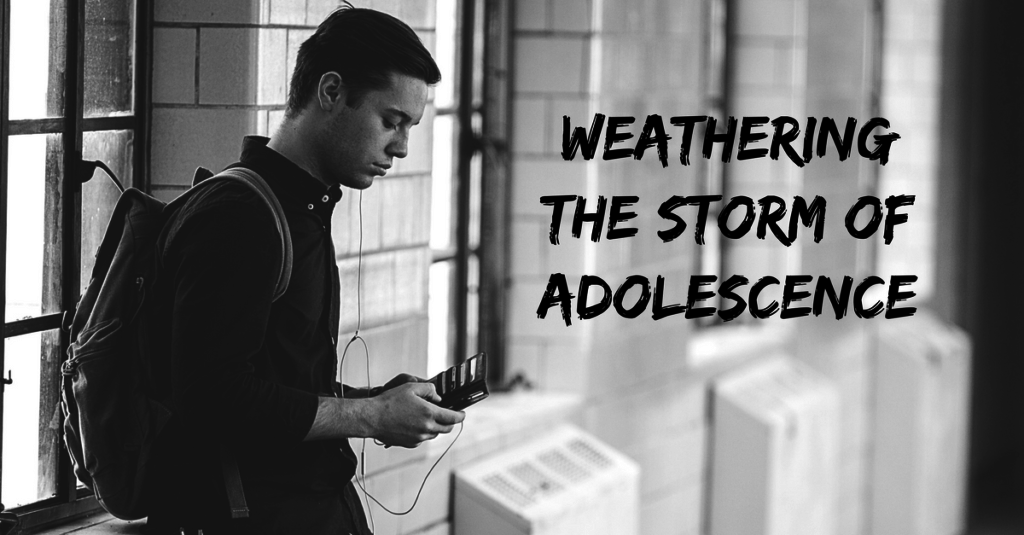
There’s a biological transition we haven’t touched on that shakes the emotional foundation of almost every young person as they develop. This is also a time parents typically dread as their brilliant children can become argumentative, irrational, aggressive, hyper-sensitive, depressed and particularly difficult to live with. This period is adolescent, puberty strikes, hormones erupt like a volcano, girlfriends/boyfriends start emerging (including all associated emotions) and all rationality goes out of the window.
So when does this all kick off?
Typically, Adolescence hits between the years ages of 13 and 19, it’s the period a child turns into an adult. The physical and psychological changes however, often occur earlier, during the preteen or “tween” years (ages 9 to 12).
Similarly to the previous transitions mentioned, Adolescence is no different, It’s a period where our environment is unsettled, this time, caused intrinsically by a sudden change in emotions, the effect of a drastic shift in hormones.
A high emotional IQ with a developed sense of empathy along with a strong sense of self and self worth has an excellent, stabilising effect on controlling these particularly strong emotions.
The Warrior Method aims to develop the emotional IQ of students by encouraging them to think about the effect of their actions and maintaining a strong sense of courtesy and respect. With high values talked about as a priority and a means to direct our own behavior, the emotional IQ is increased.
Higher Emotional IQ will improve empathy which results in either better judgement on behaviour before it is executed or quickly analysing poor behaviour and how it will affect other people negatively after the damage is done. Ultimately this results in less sulking, less isolating of oneself in the bedroom alone, more apologies and quickly repaired relationships.
Many of the problems we’ve noticed at adolescence center around self worth. It’s at this time, which can last many years, young people attempt to find their place and get a real grasp of who they are and what they are worth. With a negative inner critic and a poorly developed self esteem or self image this time can be damaging. Being part of a supportive community with a structured programme that personally identified weak areas, making big steps to improve them, while providing, caring, emotional support provides young people with the right protective kit to weather the storm of adolescence and come out well developed and ready for adulthood and the next transition!
I believe beyond “Weathering the storm” of adolescence, there’s much benefit to be released from this period of time. A young person asks themselves so many meaningful questions during the adolescence period and it’s a huge opportunity for introspective enlightenment with the correct mentoring and support network.

start today!
Call Us Free
07809330576
07809330576
